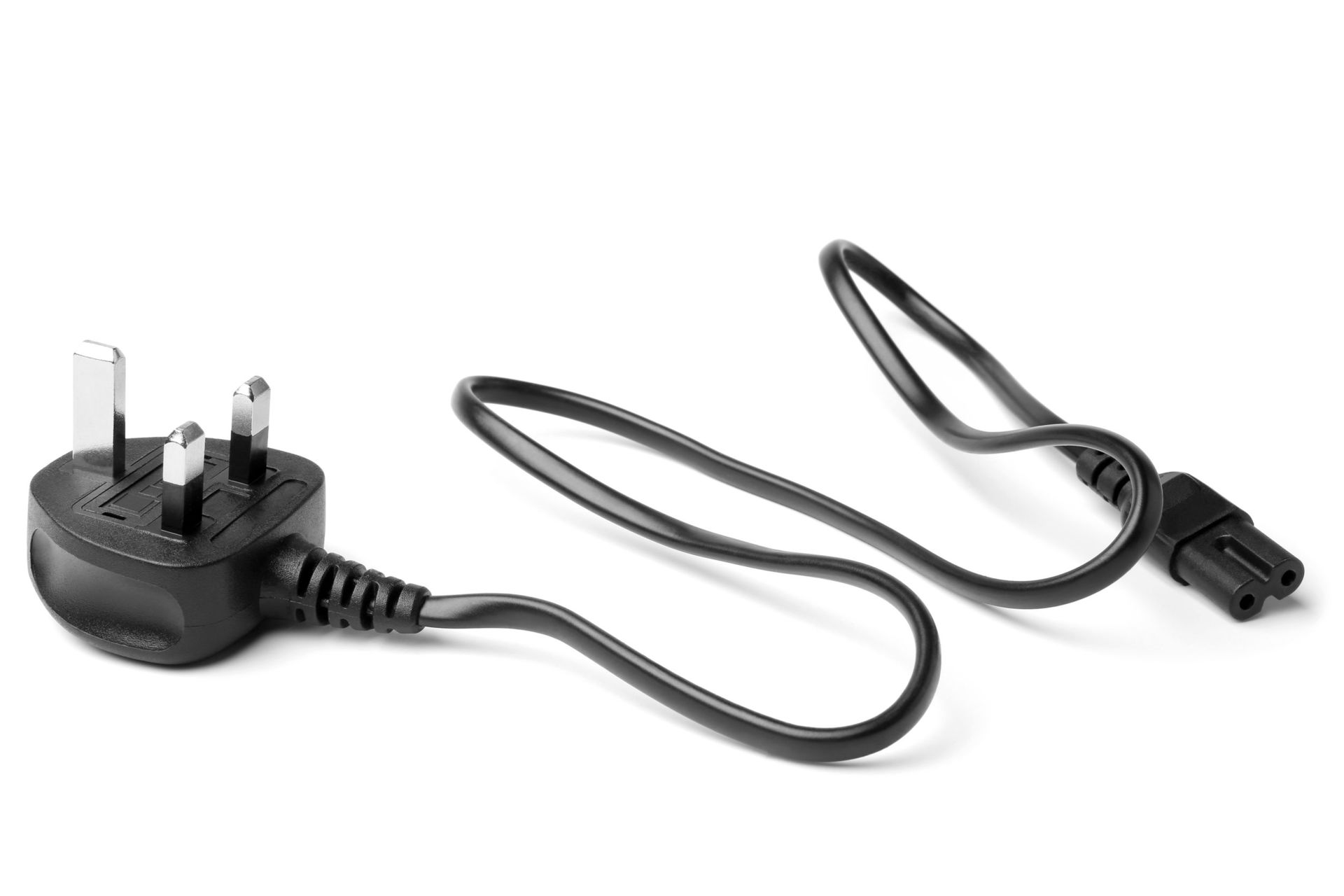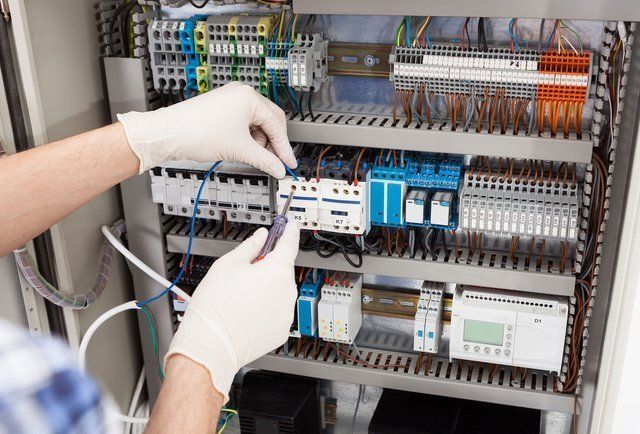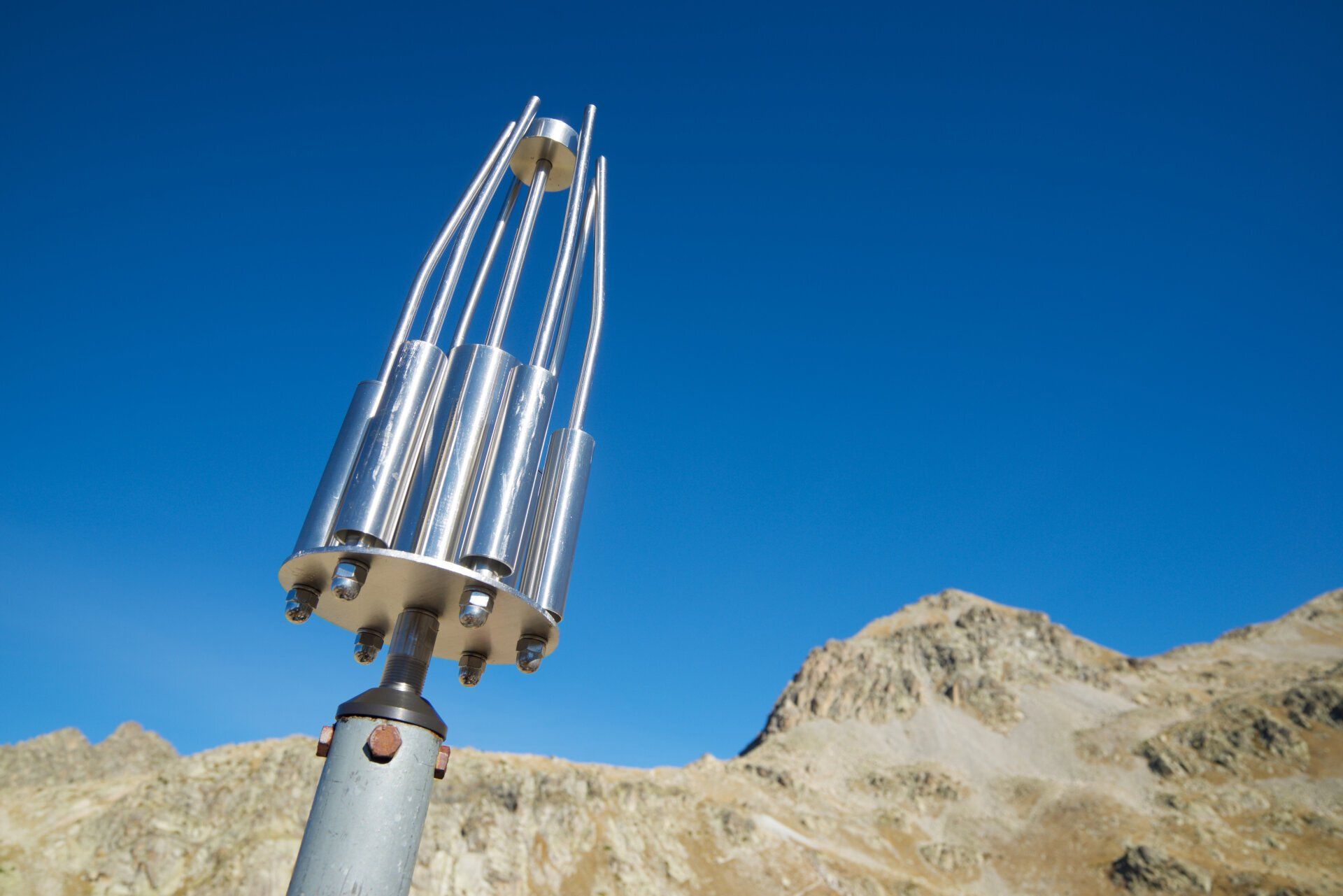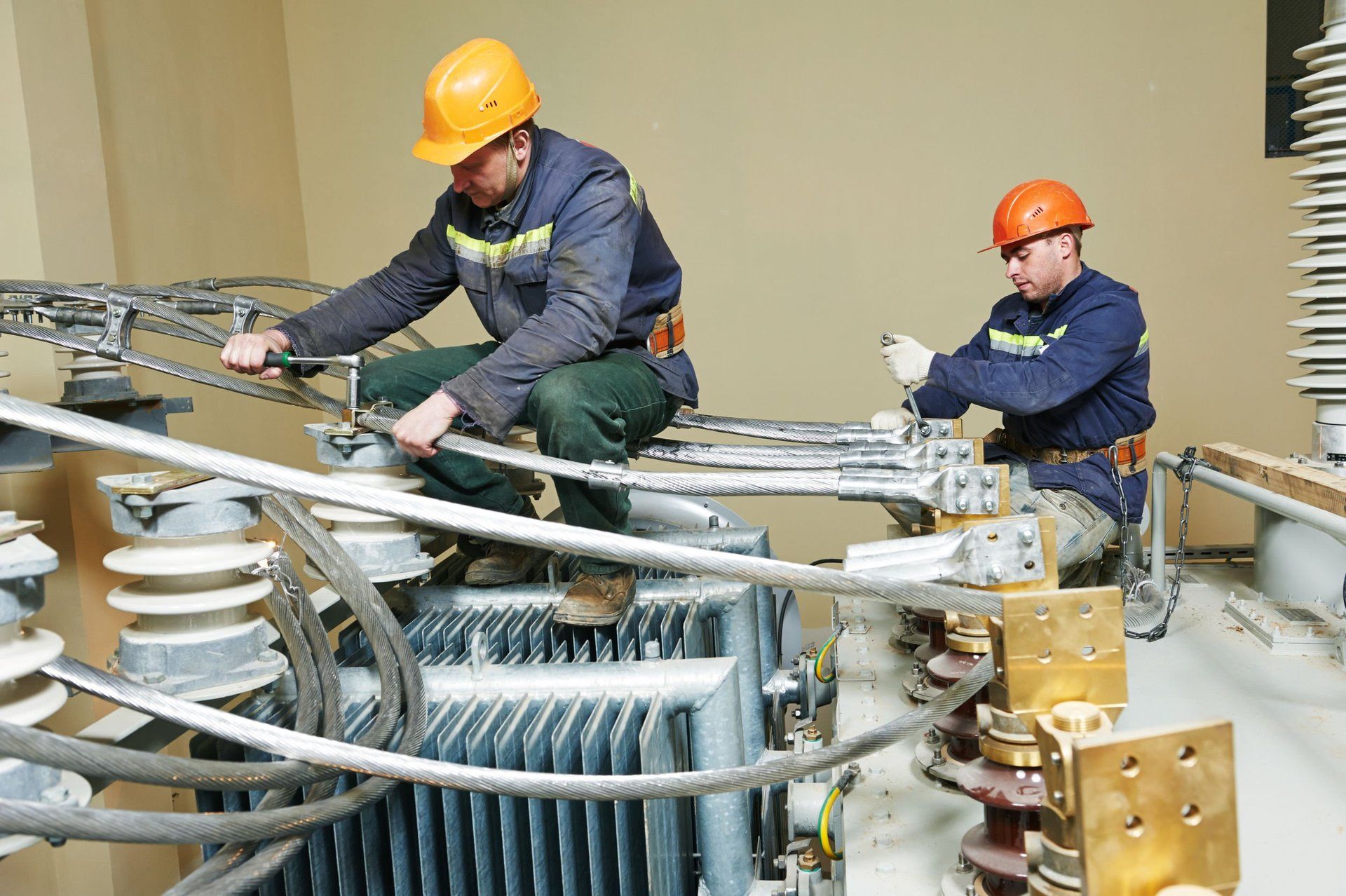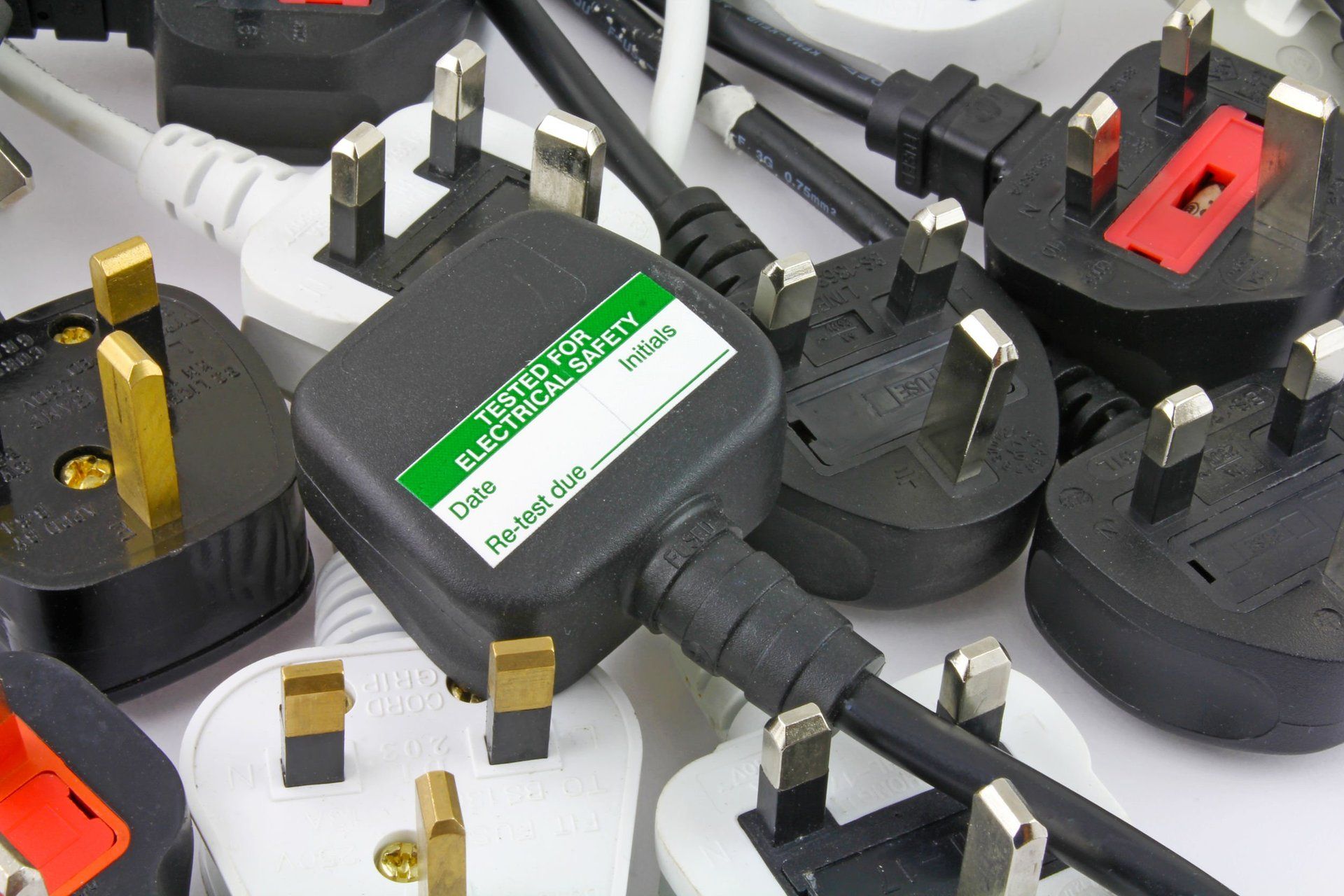Electrical PAT Testing
"The object of Portable Appliance Testing is to maintain electrical safety and to prevent any risk of fire or shock.."
Understanding Electrical PAT Testing
Electrical Portable Appliance Testing, or PAT Testing, involves the systematic inspection of electrical equipment that can be connected to a power supply through a plug and socket connection. It is crucial for any electrical compliance program to verify the safety of all appliances in use.
Despite its name, PAT covers a wider range of equipment than just portable items. It includes anything connected to the electrical system, from IT equipment to fixed appliances up to 400 Volts. For instance, a freezer or photocopier falls under the category of a portable appliance.
Similar to https://www.cseelectrical.co.uk/commercial-fixed-wire-testing, Portable Appliance Testing is part of the IET British Standard BS7671. The classifications set by the IET encompass 'moveable', 'stationary', 'portable', 'handheld', and 'IT'. Consequently, a broad array of equipment requires PAT testing, necessitating numerous individual tests.
Students, tenants, contractors, and staff members should understand their responsibilities concerning the PAT equipment under their care.
PAT testing covers a wide range of items including everyday appliances such as kettles, computers, and extension leads, as well as specialized equipment used in various industries.
As a student, tenant, contractor or member of staff, you need to be aware of what to do in relation to PAT equipment you are responsible for.
PAT covers everyday items such as kettles, computer hardware and extension leads, as well as equipment used in laboratories, theatres and catering and hospitality establishments.
Is PAT Testing Necessary?
While not a legal requirement, PAT testing is highly recommended for all businesses utilizing portable electrical equipment to ensure safety and compliance.
Legal Aspects of PAT Testing
Although not mandatory by law, properly maintaining workplace equipment to guarantee safety is crucial. The Health and Safety at Work Act 1974 and the Electricity at Work Regulations 1989 emphasize the employer's responsibility to maintain safe equipment and protect employees.
Failing to adhere to these regulations could lead to fines and legal repercussions. Conducting PAT tests is a practical, cost-effective way to meet legal obligations and safeguard your business and employees.
Importance of PAT Testing
Inadequately maintained or faulty equipment poses risks such as electric shocks, burns, and fires. Ensuring equipment safety not only fulfills legal obligations but also promotes a safe working environment.
PAT Testing Process
The Health & Safety Executive (HSE) outlines three key steps for PAT testing: user checks, a visual inspection, and a manual test with a portable appliance tester.
Definition of Portable/Movable Appliances
Portable or movable appliances are electrical devices that can be relocated while connected or disconnected from a power supply. This category includes various items from handheld tools to larger equipment like photocopiers and vending machines.
Excluded Items from PAT Testing
Some items, such as fixed white goods and permanently installed equipment, do not fall under the portable appliance category.
From labeling appliances correctly to offering replacements, rewiring services, and same-day retests, PAT testing service providers ensure compliance and safety. Additional services like socket/switch tests, microwave inspections, and EICR installation reports are available to enhance safety measures.
New paragraph
Definition of portable or movable appliances
A portable or movable appliance is any electrical equipment that is capable of being moved whilst either connected or disconnected from an electrical supply. In general it will have a lead (cable) and a plug, but includes fixed equipment that is connected via fused connection. It includes:
- Items that can easily be moved around, eg: vacuum cleaners, kettles, fans, mains powered laptops, temporary lighting, electrical hand tools, stage lighting
- Larger items that could be moved (but only rarely), eg: photocopiers, printers, PCs, microwaves, vending machines, electric cookers, fixed lighting and sound rigs
- Hand-held items that do not have a plug but have been wired in or are fixed, eg: such hair dryers changing room
- Mobile phone and other battery-charging equipment that is plugged into the mains but not the phones themselves / battery-operated equipment
- Extension leads, multi-way adaptors and connection leads
- Portable residual current device (RCD) is fitted to electrical equipment
New paragraph
Items not considered a portable or movable appliance
- fixed 'built-in' white goods, such as fridges or freezers (these are covered under the appropriate cycle for fixed installation testing)
- charging equipment for battery operated equipment, such as mobile phones or iPads, which have a transformer or USB port as part of the plug. However, if there is a mains lead between the plug and transformer, the mains lead would be considered portable electrical equipment
- USB operated equipment, such as a mobile phone charger, or that which is powered by connection to a computer USB port, such as mobile phones used as hard drives, or small fans
- electrical equipment which is wired into the mains supply but is not designed to be moved or which is part of a fixed installation, ie the equipment remains in the place where it is installed. Examples include water boilers, wall-mounted hand dryers and fixed water dispensers. This type of equipment should be dealt with in accordance with the maintenance cycle for fixed installations
Price Match Guarantee
Our Price Includes
- Appropriate Labelling of Appliances
- Full audited report highlighting any faults found
- Certificate of Compliance.
- Replacement of Plugs (where required) FREE OF CHARGE
- Replacement of Fuses. (where required) FREE OF CHARGE
- Re-wiring of Plugs. (where required) FREE OF CHARGE
- Same Day Re-tests. FREE OF CHARGE
No HIDDEN CHARGES
We will beat any like for like quote.
ADDITIONAL SERVICES
- Socket/switch tests start from only £8.00
- Microwave leakage inspections at £4.50 per microwave
- EICR Installation Report from £6.00 per circuit
Save Time
We are able to save you time, ultimately saving money by using the very latest compliance technology to ensure accurate and efficient testing.
Safe Guarding
Our engineers are DBS enhanced checked, extremely experienced and hold the relevant qualifications to carry out all types of compliance.
Efficient, Reliable Service
We guarantee you will receive your full comprehensive report and certificate within 5 working days.
Low Rates
Our prices are some of the lowest in the industry starting at only £0.60p per appliance
Nationwide
CSE offer commercial safety upon throughout the UK and ensure we address all of your electrical safety needs. In addition we protect you from unwanted issues with insurance companies.
Insured
As fully qualified and insured contractors, we also offer installation services and are Multi Council approved.
DBS
All our engineers are fully qualified and DBS enhanced, which ensures our service meets your health and safety requirements at affordable prices.
